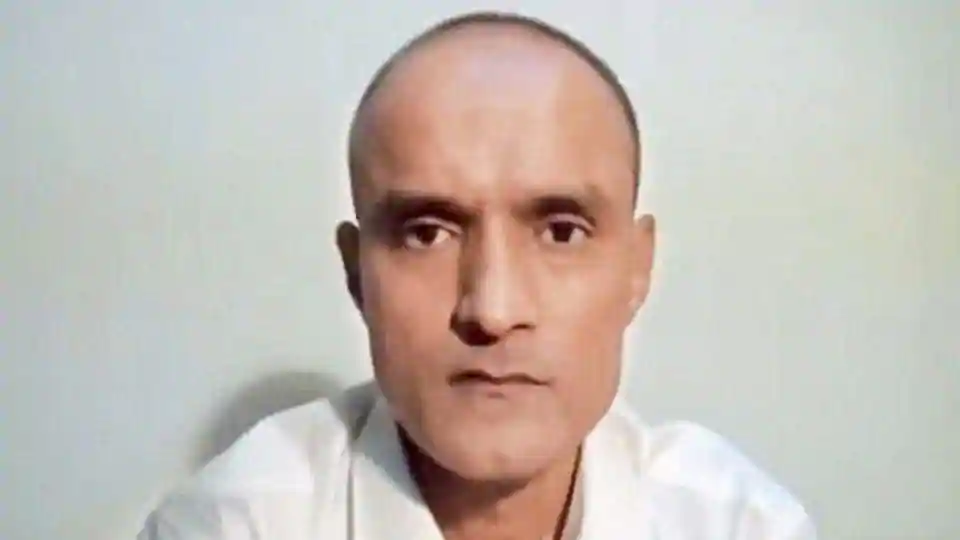
SOURCE: HT
The Pakistani government on Monday presented in Parliament an ordinance for approval to allow former Indian Navy commander Kulbhushan Jadhav, who is facing a death penalty for alleged espionage, to file a review petition against his sentence. The opposition opposed the International Court of Justice (Review and Reconsideration) Ordinance when Prime Minister Imran Khan’s adviser Babar Awan presented it. The government defended it insisting that they were bound by the International Court of Justice (ICJ) ruling in July 2019 that ordered Pakistan to provide consular access to Jadhav and review his death sentence.
The Opposition likened the proposed legislation to the National Reconciliation Ordinance (NRO). Former military ruler Pervez Musharraf issued NRO?in 2007 to granted amnesty to politicians, and bureaucrats facing cases. The country’s Supreme Court declared NRO?unconstitutional in 2009.
India on Thursday accused Pakistan of blocking all avenues for an effective review of the case and said it reserved its rights to avail of further remedies.
The Pakistan government a day earlier petitioned the Islamabad high court to appoint a lawyer to represent Jadhav for filing the review petition against his death sentence. According to the petition, Jadhav has refused to file the petition. Jadhav cannot appoint a lawyer in Pakistan without India’s assistance, while New Delhi is also reluctant to avail the facility under the ordinance, the petition said.
The government, in the petition, has asked the court to appoint a legal representative for Jadhav so that Pakistan can fulfil its responsibility to see to the implementation of the ICJ’s decision.
India has said Pakistan has not provided documents related to the case and violated ICJ’s order.
The Pakistani government promulgated the ordinance on May 20 to give foreign citizens convicted in the country the right to file review petitions in courts. The ordinance was aimed at complying with ICJ’s order for effective review and reconsideration of Jadhav’s conviction and sentencing by a Pakistani military court.
In the absence of unhindered consular access to Jadhav and the documents, the Indian side tried, as a last resort, to file a review petition in Islamabad high court on July 18.
Indian officials had walked out of a meeting with Jadhav on July 16 after Pakistan breached assurances about providing unimpeded consular access.
Jadhav, 50, was arrested by Pakistani security agencies in Balochistan in March 2016 and charged with involvement in spying. In April 2017, Pakistan announced he had been sentenced to death by a military court.
The ICJ ruled in July 2019 that Pakistan had violated Jadhav’s rights under the Vienna Convention on Consular Relations and stayed his execution while calling for an “effective review and reconsideration” of his sentence.
India has rejected the allegations against Jadhav and said he was kidnapped by Pakistani operatives from the Iranian port of Chabahar, where he was running a business.






